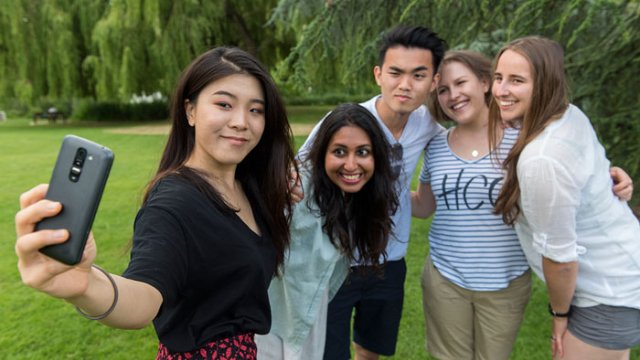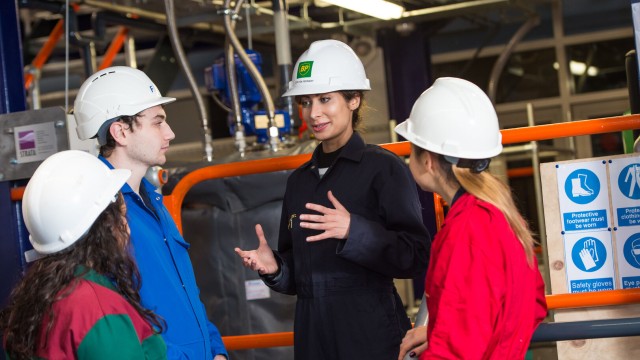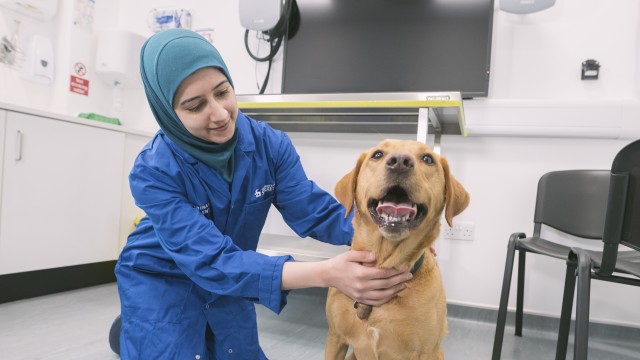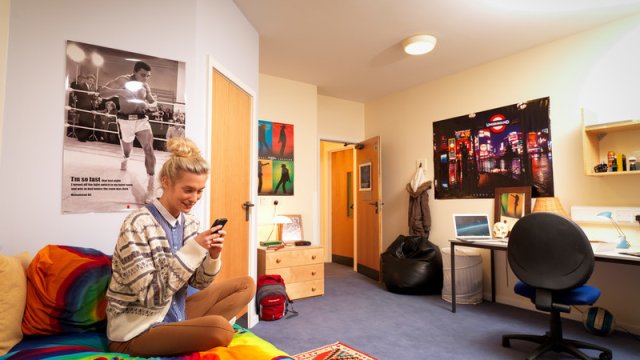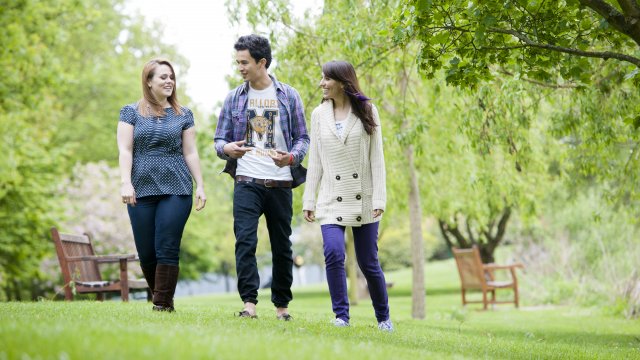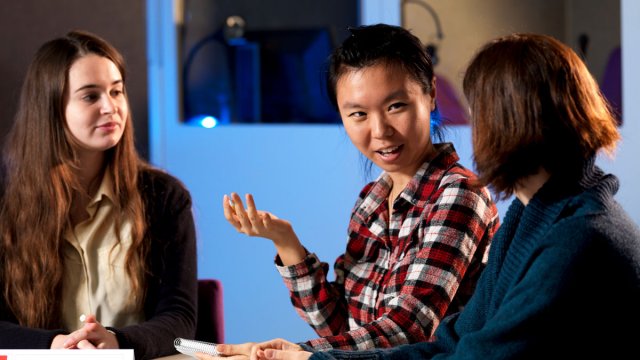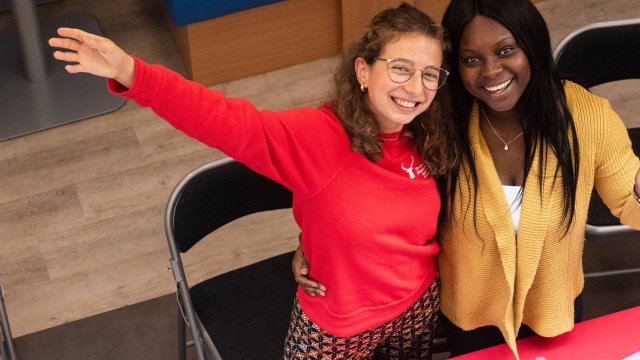Incoming exchange, study abroad and traineeships
We welcome about 200 exchange, study-abroad, research, hospital/veterinary placement students, and recent graduates to Surrey each year from both partner and non-partner institutions around the world.
Why Surrey?
- A beautiful lakeside campus just 10 minutes from Guildford’s historic town centre and 34 minutes from central London - combining a safe, lively market town with easy access to a major world capital.
- Worldwide reputation for excellence in teaching and research, coming in 262nd in the QS World University Rankings 2026.
- Friendly, medium-sized campus university with around 15,500 students and a large and vibrant international community of students and staff from over 136 countries - a welcoming and supportive place to come to as an international visiting student. The International Engagement Office is here to ensure you have a seamless and unforgettable stay at Surrey.
Ways to come to Surrey as an international visiting student
Come to Surrey for a short period of study or a research, hospital or veterinary placement, either independently or under an existing exchange or study abroad agreement.
Check whether your university has an agreement with the University of Surrey and details of the study level and subject area/s included by searching on our interactive Exchange and Study Abroad Partners tool.
Select the appropriate type of mobility below for further details, including our entry requirements and how to apply.
Stay connected
Latest blog posts
Why I chose Surrey University- Anya
When I was deciding which university to choose for my global exchange, the University of Surrey stood...
A review of my exchange – By Martina Patti
Greeting from Italy!! As I’m writing this, it’s been two days since I left Surrey and I can already...


